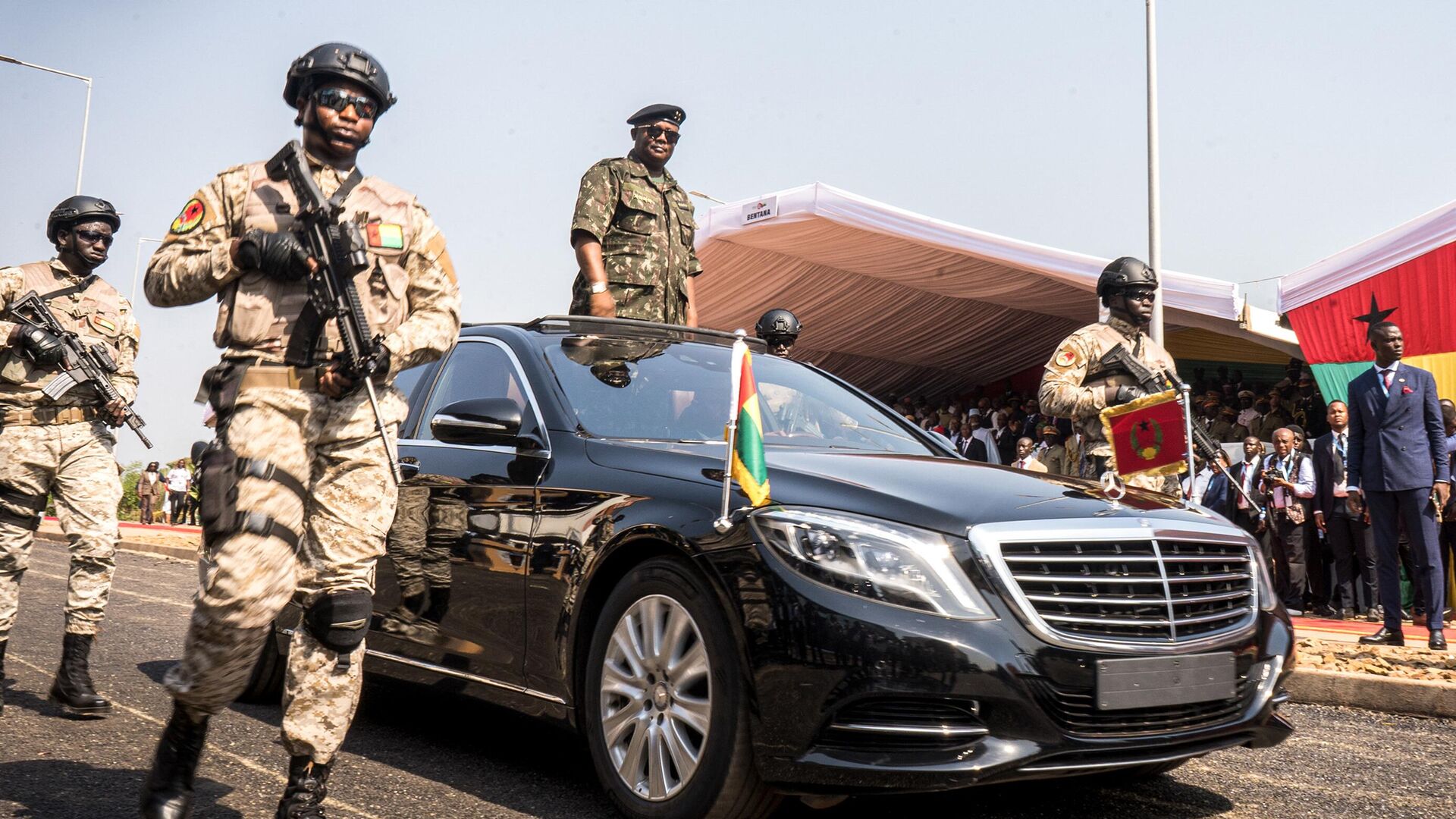Last weekend, over 600 soldiers took an oath to the national flag, officially joining the country’s defense forces. However, the legitimacy of this special force has been called into question.
Jurists and civil society members assert that the legitimization of such a force cannot solely rely on the President’s declaration but requires the endorsement of other state bodies, including the ANP.
Despite repeatedly declaring that there would be no coups in Guinea-Bissau, President Embaló approved the incorporation of over 600 men into the defense forces, branding this new unit as the “anti-coup battalion.” This move has elicited mixed reactions.
Legality Under Scrutiny
Speaking to DW, jurist Cabi Sanhá expressed concern over the creation of this force without proper legitimacy:
“Our constitution does not currently allow for the creation of divided armed forces. And even if it did, it would need to go through the appropriate body, which is the ANP, as it has with other forces, such as the National Guard.”
Lesmes Monteiro, a member of the Council of State and president of the Party Luz of Guinea-Bissau, part of the current executive, emphasized that the creation of any brigade must be grounded in law.
“This process must not only reflect the President’s will but also involve the Armed Forces General Staff, the Government, and possibly the Assembly. At present, there is nothing formal legitimizing this group as an anti-coup force,” Monteiro stated.
While Monteiro pointed out the lack of a legal framework for the battalion’s name, he sees no immediate cause for concern:
“The defense and security forces of a country like Guinea-Bissau are, by definition, anti-coup. It wasn’t necessary for the President to state this. Politically, calling it an anti-coup force should not be a worry or debate topic.”
Legal Concerns
The new soldiers come from various defense and security structures in the country, with 583 of them being part of the presidential security detail trained outside Guinea-Bissau. Cabi Sanhá warns of potential conflicts among the armed forces’ branches:
“Labeling a specific force as anti-coup implies that the primary mission of the other forces is to carry out a coup. The problem is how the other forces or branches will respond to this situation.”
Activist Isabel de Almeida questions the need for this special force, arguing that defense and security roles already include coup prevention: “I don’t see a need for this ‘anti-coup battalion.’ This is already part of our defense and security forces’ mission. What’s strange is the focus on protecting the President rather than the Nation.”
The establishment of the anti-coup battalion by President Embaló has ignited a debate over its legality and necessity, with calls for greater involvement of state institutions in its legitimization process.




